The Learning Zone Principal Patrick Horne writes about how in education, there is a specific zone which teachers subconsciously use every day. It is also useful for parents to know about to help assist their children at home.
People often talk about being “in the zone”. There are some nice definitions for this phrase:
- “the mental state in which a person performing an activity is fully immersed in a feeling of energised focus, full involvement, and enjoyment”
- “happy or excited because you are doing something very skillfully and easily. ”
We all know what a good feeling this is!
In education there is actually a more specific zone which teachers subconsciously use every day. It is also useful for parents to know about to help assist their children at home.
Lev Vygotsky was a Russian psychologist from the early part of the twentieth century who devoted much of his studies to understanding the psychology of learning and of human development. The work he is most famous for is known as “The Zone of Proximal Development”.
When any of us are learning anything, it is easy to say what we can do and what we cannot do. However, in between these two areas is a part of learning which we can do with some help. In other words:
What I Can Do…… (What I Can Do With Help)……. What I Cannot Do
This zone in the middle is the Zone of Proximal Development. As teachers we seek to pitch learning in this zone, and pretty soon something that is “What I Can Do With Help” becomes “What I Can Do”.
Learning is a very fluid process but understanding a bit about how the brain works can be useful for all of us in helping each child make the best progress they can in all everything they undertake.
Patrick Horne, Principal



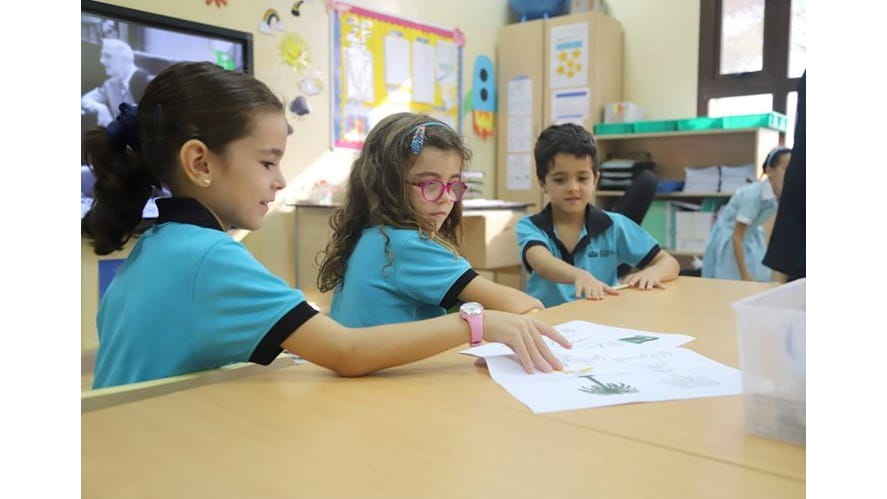
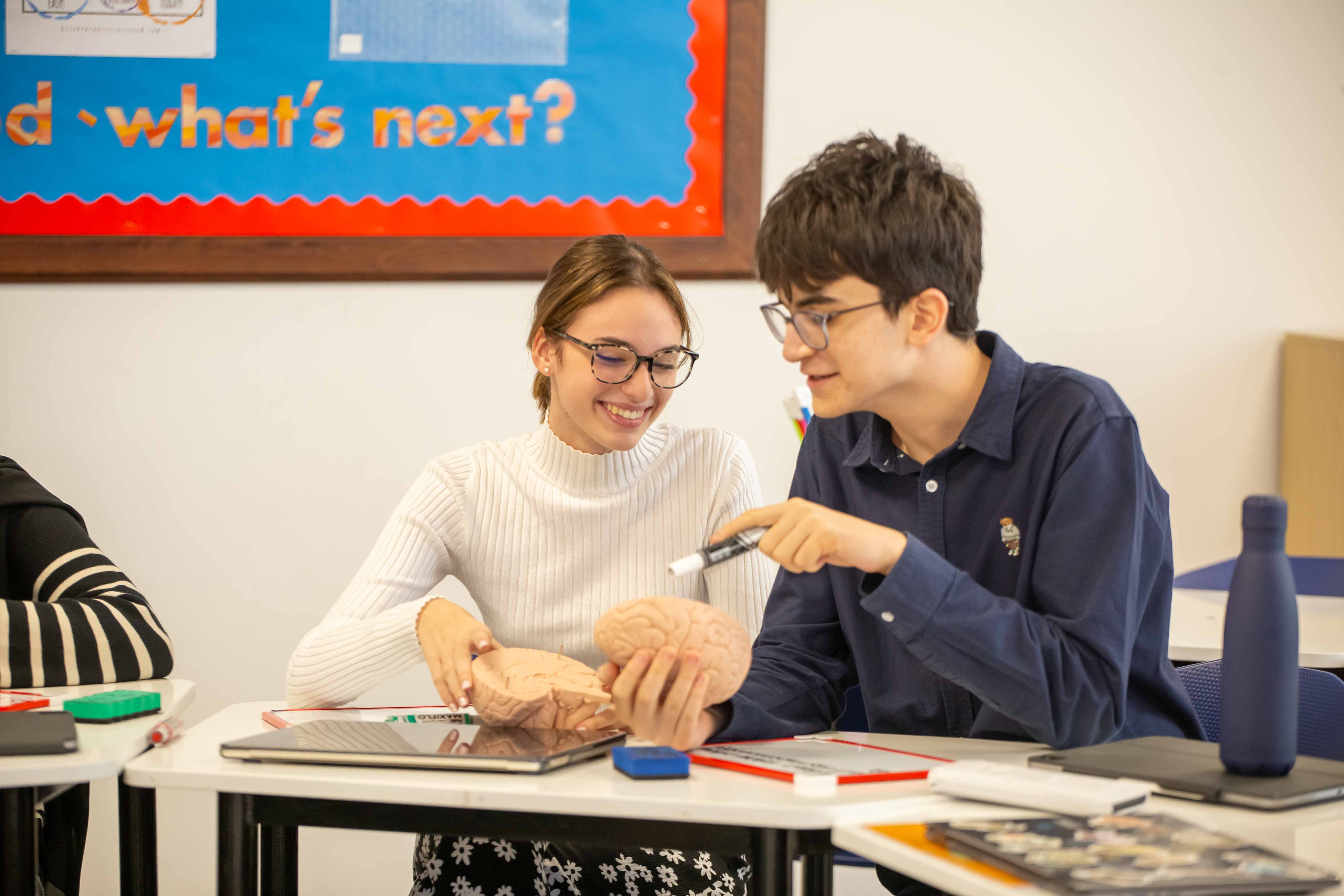
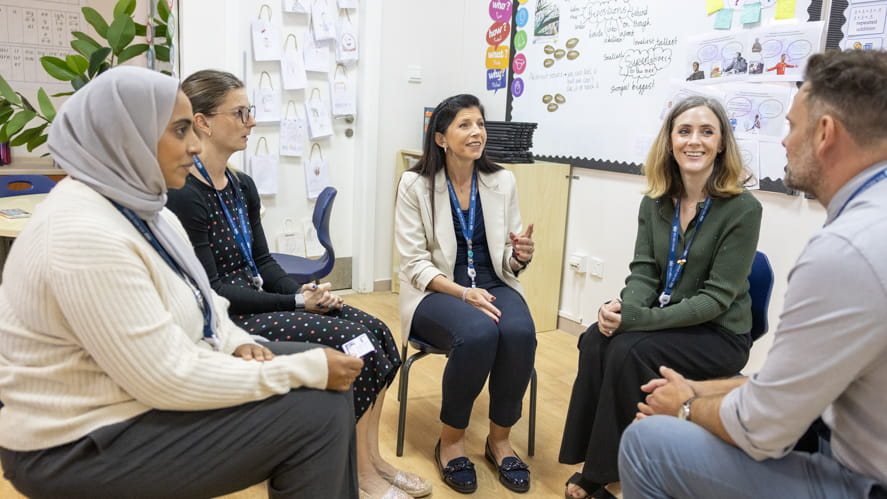
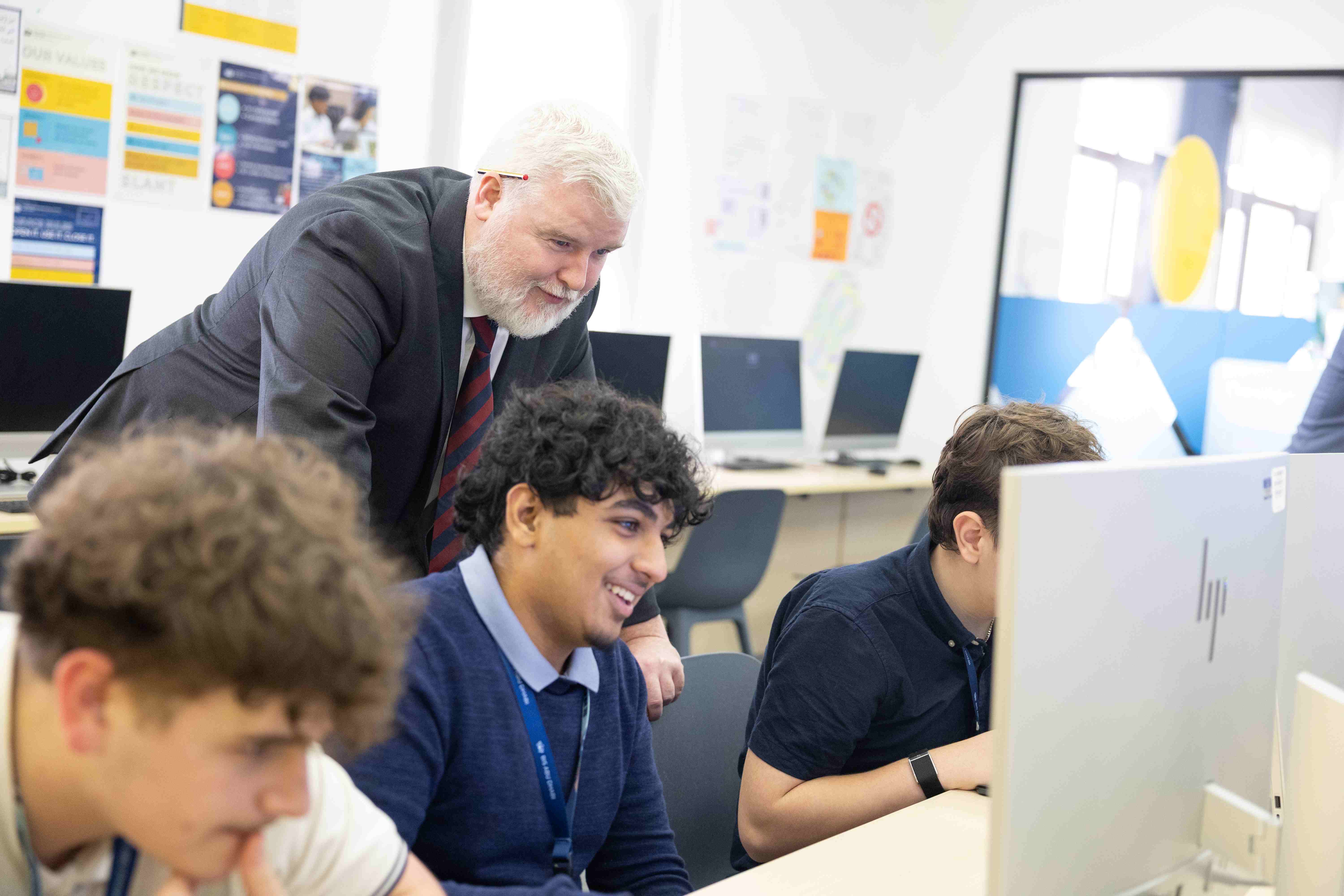
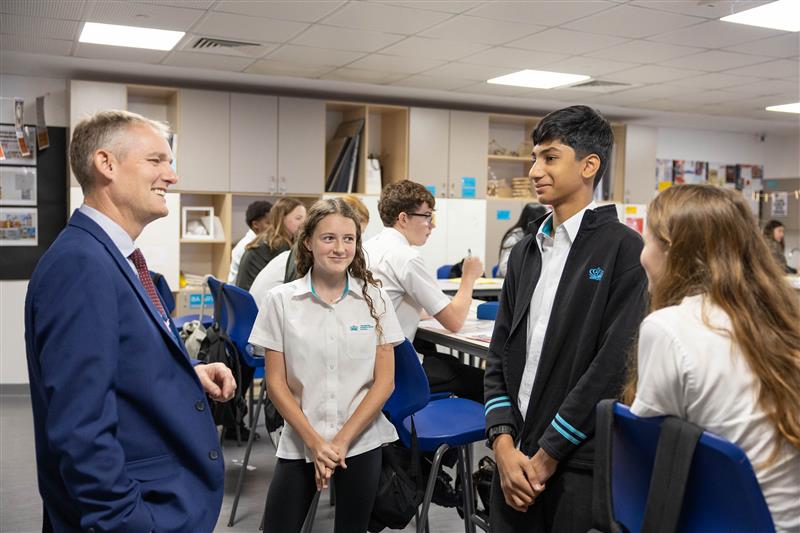

.png?rev=1619813b30a347d9bc71977e2cfe09d2&hash=66B98CDC659BBF07EB36660B4381E1E7)